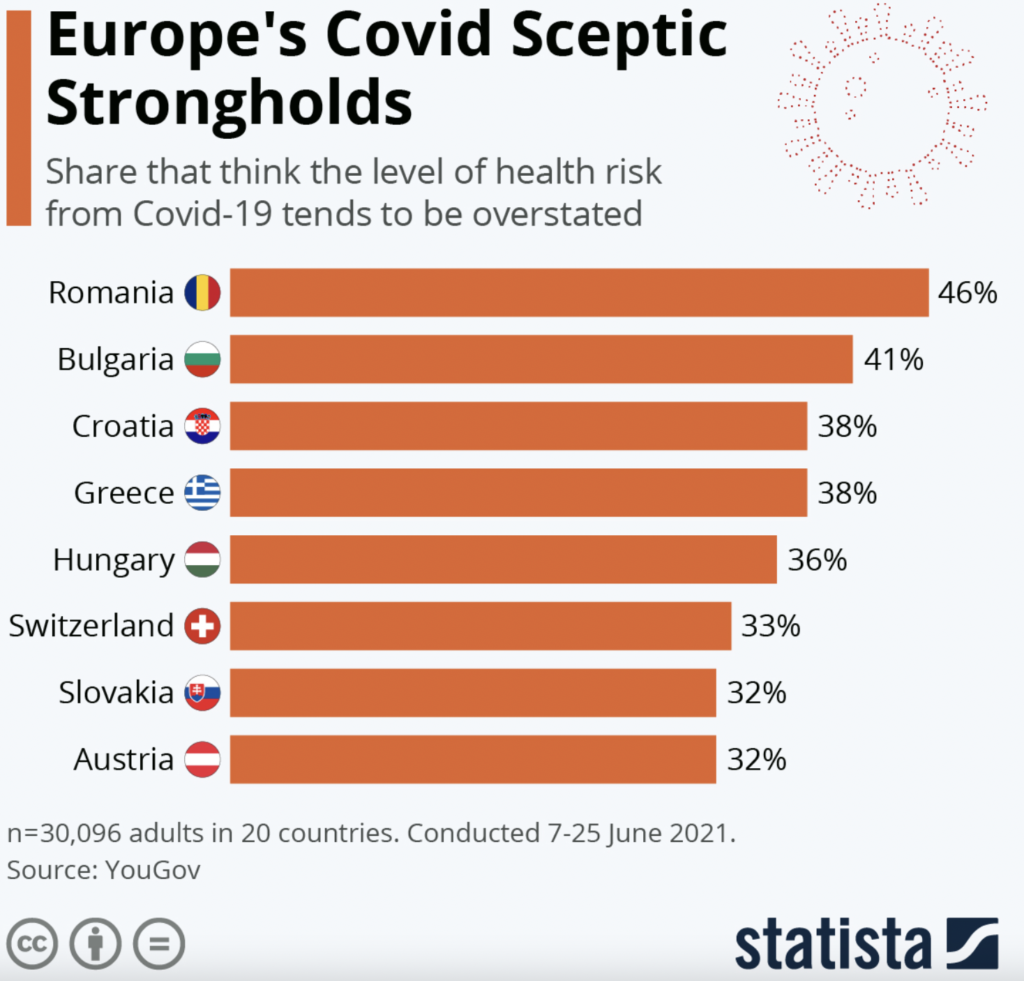Quote of the Day
”The first advice I am going to give my successor is to watch the generals and to avoid feeling that just because they were military men their opinions on military matters were worth a damn.”
- Jack Kennedy
(Wisdom that kept him sane during the Cuban Missile Crisis when dealing with Curtis LeMay.)
Musical alternative to the morning’s radio news
Eels | Beautiful Day
Great way to start a sunny morning.
Long Read of the Day
What is aptitude? And how do we measure it?
Fascinating (and characteristically thoughtful) essay by Venkatesh Rao.
I once read a good definition of aptitude. Aptitude is how long it takes you to learn something. The idea is that everybody can learn anything, but if it takes you 200 years, you essentially have no aptitude for it. Useful aptitudes are in the \<10 years range. You have aptitude for a thing if the learning curve is short and steep for you. You don’t have aptitude if the learning curve is gentle and long for you.
How do you measure your aptitude though? Things like standardized aptitude tests only cover narrow aspects of a few things…
Do read on. It’s an insightful piece.
Apple’s and Google’s fight in Seoul poses an interesting problem for Biden’s antitrust corps back home
Fascinating story in the New York Times. The South Korean parliament is currently debating the first law in the world to require companies that operate app stores to let users in Korea pay for in-app purchases using a variety of payment systems — and also prohibiting app-store owners from preventing developers from listing their products on other app stores.
Apple and Google are, needless to say, really bothered by this.
The companies have appealed directly to South Korean lawmakers, government officials and the public to try to block the legislation, which is expected to face a crucial vote this week.
The companies have also turned to an unlikely ally, one that is also trying to quash their power: the United States government. A group funded by the companies has urged trade officials in Washington to push back on the legislation, arguing that targeting American firms could violate a joint trade agreement.
So here we have an interesting case study in what Joe Nye called “soft power”. Dominant US global companies have always been an important element in this power. And,
Washington has a longstanding practice of opposing foreign laws that discriminate against American firms, sometimes even when doing so conflicts with domestic policy debates. But President Biden wants a consistent approach to his concerns about the tech giants’ incredible power over commerce, communications and news. In July he signed an executive order to spur competition in the industry, and his top two antitrust appointees have long been vocal critics of the companies.
The approach the White House chooses, says the Times, “may have widespread implications for the industry”.
Now there’s a tactful understatement if ever I saw one.
$4,500 for a pair of headphones
They’re from Audeze, a boutique company that hand-assembles high-end headphones in California.
Sounds daft, doesn’t it — typical 0.001% stuff? But, according to the Bloomfield ‘Fully Charged’ newsletter, these new ones — called CRBN (pronounced “carbon”) — are based on technology developed for a pukka medical application. They’re electrostatic rather than magnetic, with diaphragms which have carbon nanotubes suspended within them.
The original medical problem they were designed to address is a longstanding one.
While MRI scans are an invaluable part of the modern diagnostic toolkit, they put the patient through a noisy ordeal with their thumping and throbbing machines. The sounds inside can stress people out, which, in turn, interferes with the medical reading. Simply eliminating the noise can make the process a lot smoother.
Traditional headphones all have magnets inside them, which cause all sorts of problems in an MRI machine. That’s where carbon nanotubes come in. Audeze uses them to create an ultra-thin diaphragm … that operates without needing magnets. The product is free of metal and also lacks the usual headphone band over the skull.
I guess this stuff never comes cheap, and (as a non-audiophile) I wonder if any human ear can really appreciate the super high-fidelity sound reproduction they can provide.
The Bloomberg reviewer, however, was clearly blown away by them.
I tested an early pair of these headphones for a few weeks, and they are exceptional. Most headphones in this price range are weighed down by magnets, but the CRBN feel almost like wearing a pair of fluffy earmuffs.
I sat, unmoving from my seat for hours, just admiring and appreciating every intricate detail of my favorite music. It’s the effortless accuracy and purity of their response—no distortions or dilutions added, no detail taken away—that just kept me transfixed. I had a less audio-obsessed friend try them out, and he was left with a goofy smile after the experience.
Like I said, yours for four and a half grand.
(Which, someone has just politely reminded this camera enthusiast, is about the same as a new Leica Q2.) Ouch!
This blog is also available as a daily newsletter. If you think this might suit you better why not sign up? One email a day, Monday through Friday, delivered to your inbox at 7am UK time. It’s free, and there’s a one-button unsubscribe if you conclude that your inbox is full enough already!





